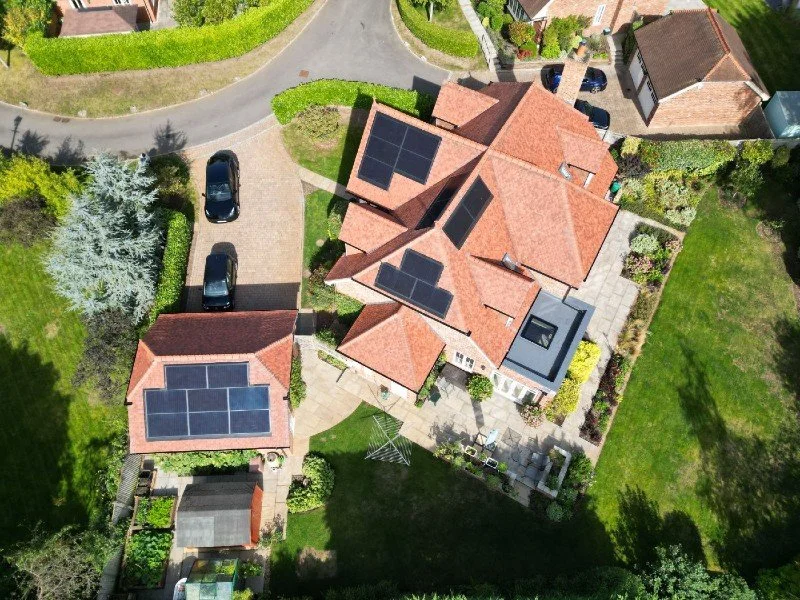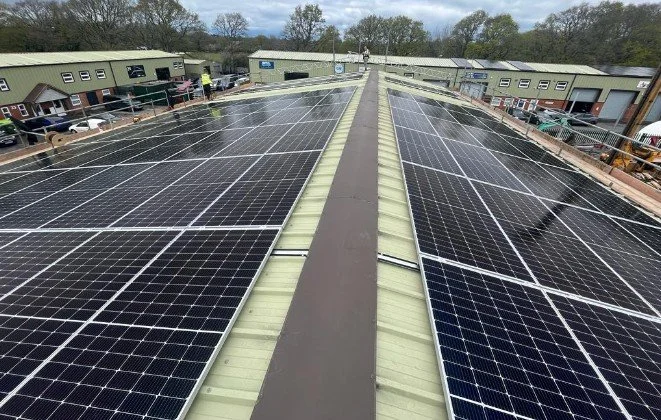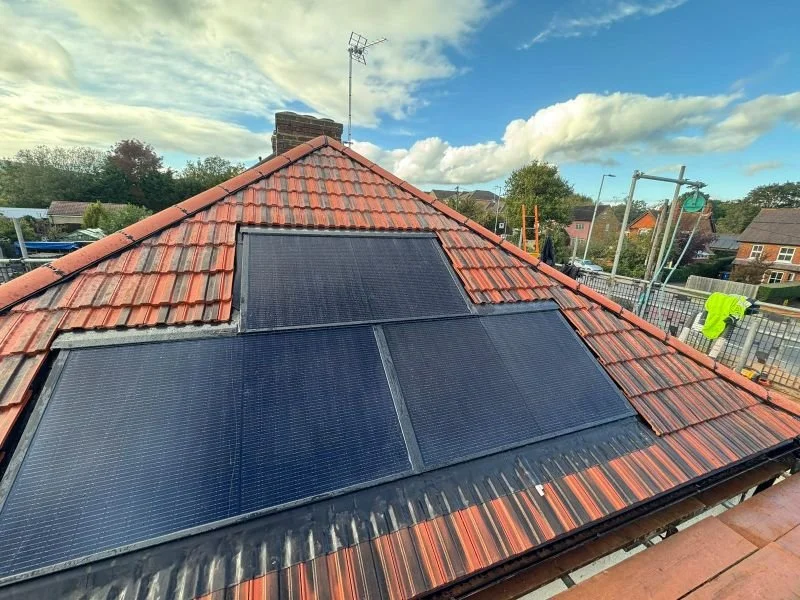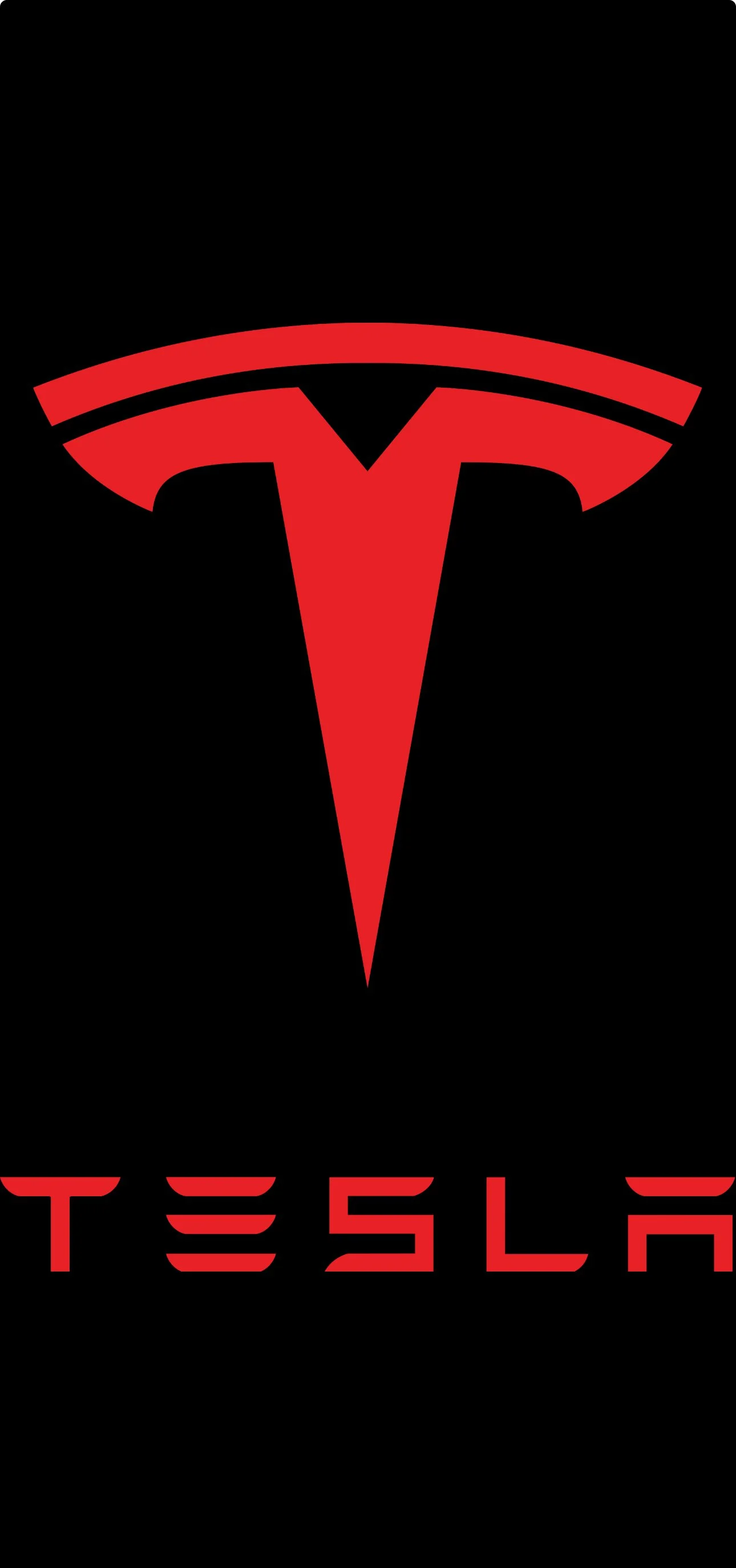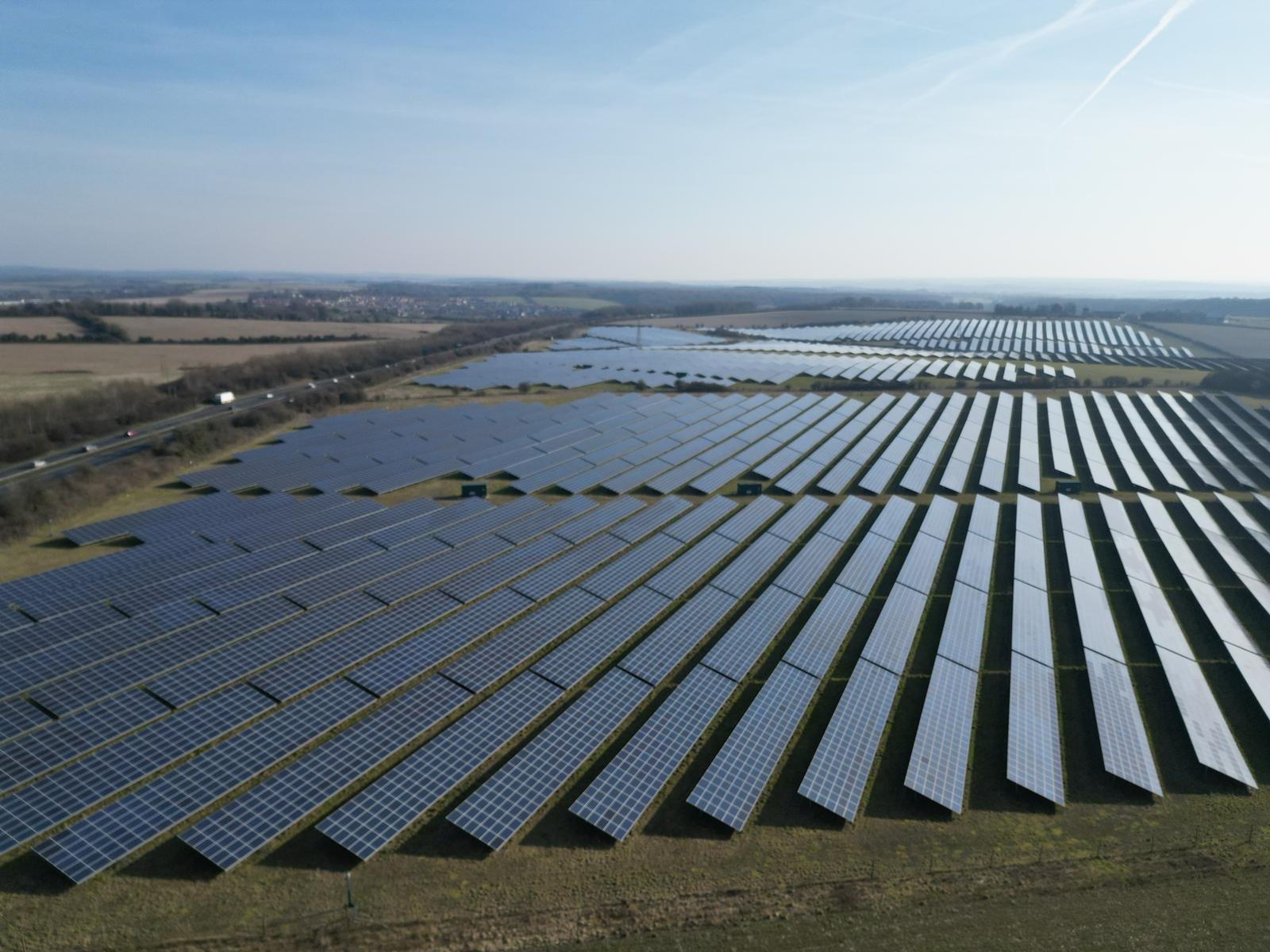
Commercial and Residential Solar PV Solutions
MCS & HIES Accredited Roofing & Solar Experts
Power your property with trusted, high-performance Solar PV installations from a certified roofing contractor. With MCS and HIES accreditations, we ensure seamless integration, maximum efficiency, and long-term durability for both homes and businesses.
The Benefits of Using Solar
As the world shifts toward sustainable energy solutions, investing in solar power is a smart, cost-effective, and eco-friendly choice for homeowners, businesses, and commercial developers. At RMG, we provide high-quality, affordable solar PV systems, ensuring quick, safe, and efficient installations tailored to your energy needs.
⚡ Renewable & Clean Energy Solar power is a 100% renewable energy source, reducing your carbon footprint and helping combat climate change.
⚡ Lower Energy Bills Generating your own electricity with solar PV panels allows you to cut energy costs and reduce reliance on the grid.
⚡ Fast & Efficient Installation Most solar panel systems can be installed within a day or two, minimising disruption to your home or business.
⚡ Custom Solutions for Maximum Efficiency The tilt, direction, and placement of your roof affect solar performance. We provide expert guidance on optimising your system with the right inverter, battery storage, and EV charger options.
⚡ Ideal for Residential & Commercial Properties Whether you’re looking to power your home, office, warehouse, or retail space, our solar PV solutions are designed to maximise efficiency and long-term savings.
⚡ Sustainability & Energy Independence Investing in solar energy helps protect wildlife habitats, lower emissions, and support a greener future.
Optimised Solar Installations for Every Property
Our team ensures your system is customised for the best results, whether it’s an in-roof or off-roof installation. With MCS and HIES accreditations, you can trust us to deliver top-quality solar solutions that meet both residential and commercial energy demands.
The Solar Journey
Seamless, Professional & Efficient Solar PV Installation
At Roofing Matters Group (RMG), we make the transition to solar energy simple, efficient, and stress-free. Our MCS and HIES-accredited team guides you through every step, ensuring your solar PV system is designed, installed, and optimised for maximum energy savings and long-term performance.
Step 1: Site Survey & Roof Assessment
Assessing Your Roof & Energy Needs
After your initial inquiry, we arrange a detailed site survey to inspect your roof’s condition, evaluate its suitability for solar panels, and gather essential data for system design.
✔ Structural & shading analysis
✔ Roof integrity check (for any necessary repairs or reinforcements)
✔ Energy usage evaluation for a customised solar solution
Step 2: Tailored System Design & Energy Optimisation
Custom Solar PV Design for Maximum Efficiency
Using site survey data and your current energy consumption, our engineers will design a bespoke solar PV system tailored to your present and future needs.
✔ Accurate projections of energy savings & return on investment (ROI)
✔ Advice on solar battery storage, inverters, and EV chargers
✔ Open discussions to address preferences, concerns, and financing options
Step 3: Approval & DNO Application
Securing Grid Approval for Your Solar PV System
Once you approve the design and cost estimate, we handle the DNO (Distribution Network Operator) application, allowing smart tariffs and enabling solar energy export to the grid.
✔ DNO approval ensures smooth grid connectivity
✔ Secure the best export tariff options for surplus energy
✔ Once approved, we finalise contracts and schedule your installation
Step 4: Roofing & Solar PV Installation
Expert Roofing& Solar Panel Integration
Our certified team ensures a seamless and high-quality installation, whether for a residential home, commercial building, or large-scale development.
✔ Roofing Work (if needed) Any necessary repairs or reinforcements are completed before solar installation.
✔ Solar Panel Installation We install high-performance solar PV panels, ensuring optimal efficiency and durability.
✔ Electrical Integration Our certified electricians connect and configure the system for seamless energy production.
Step 5: System Commissioning & MCS Certification
Activating & Certifying Your Solar PV System
After installation, we conduct a comprehensive system check to ensure peak performance. We then register your system with MCS (Microgeneration Certification Scheme), allowing you to benefit from energy incentives and smart export tariffs.
✔ Full performance and safety checks
✔ MCS Certification for compliance & financial incentives
✔ Guidance on maximising energy efficiency
Step 6: Ongoing Monitoring & Support
Ensuring Long-Term Performance & Energy Savings
Our commitment doesn’t stop after installation. We provide ongoing system monitoring and expert support, ensuring your solar PV panels operate at peak efficiency for years to come.
✔ Real-time performance tracking
✔ Expert troubleshooting & maintenance support
✔ Guidance on optimising energy usage
Why Choose RMG for Your Solar PV Installation?
⚡ MCS & HIES Accredited Solar Specialists
⚡ Expert roofing & solar PV integration
⚡ Customised solar solutions for homes & businesses
⚡ Seamless grid connection & energy export setup
⚡ Ongoing monitoring & dedicated customer support
⚡ Make the switch to clean energy today! ⚡





